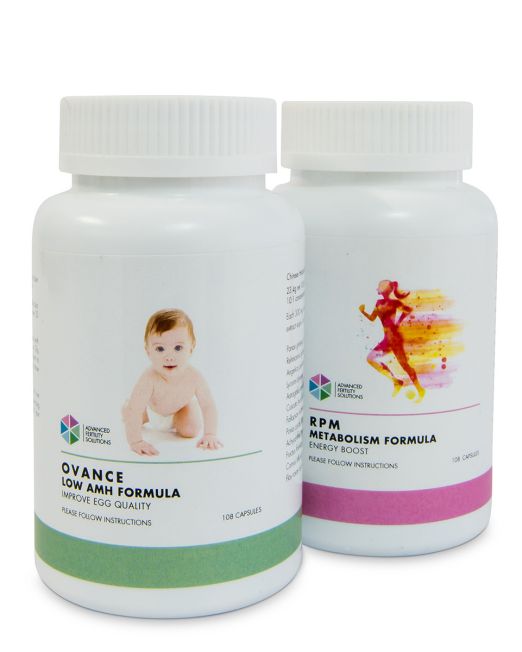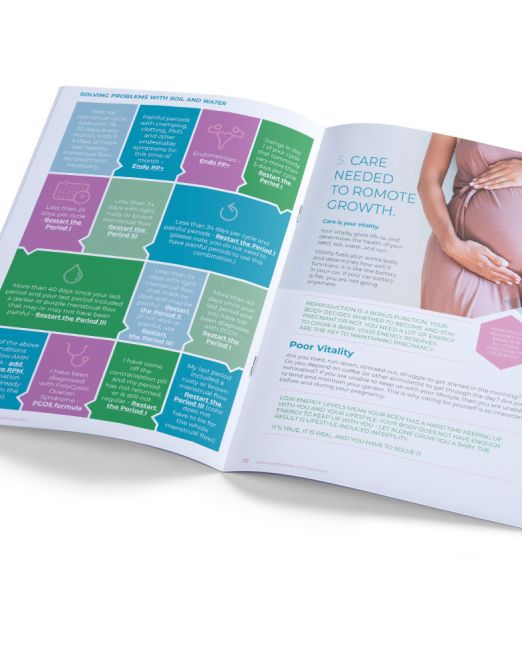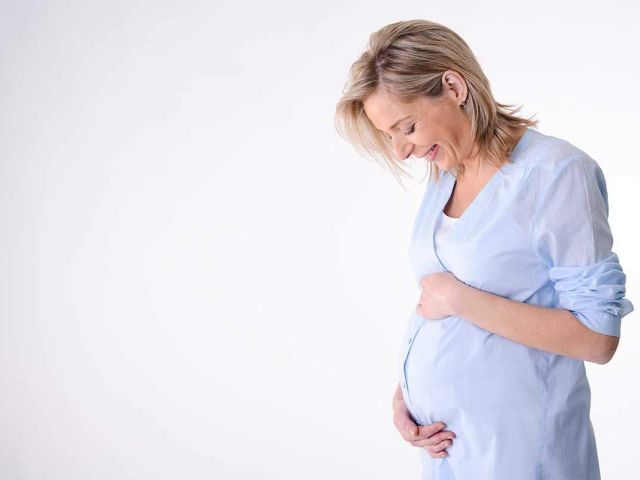Ovarian Reserve testing
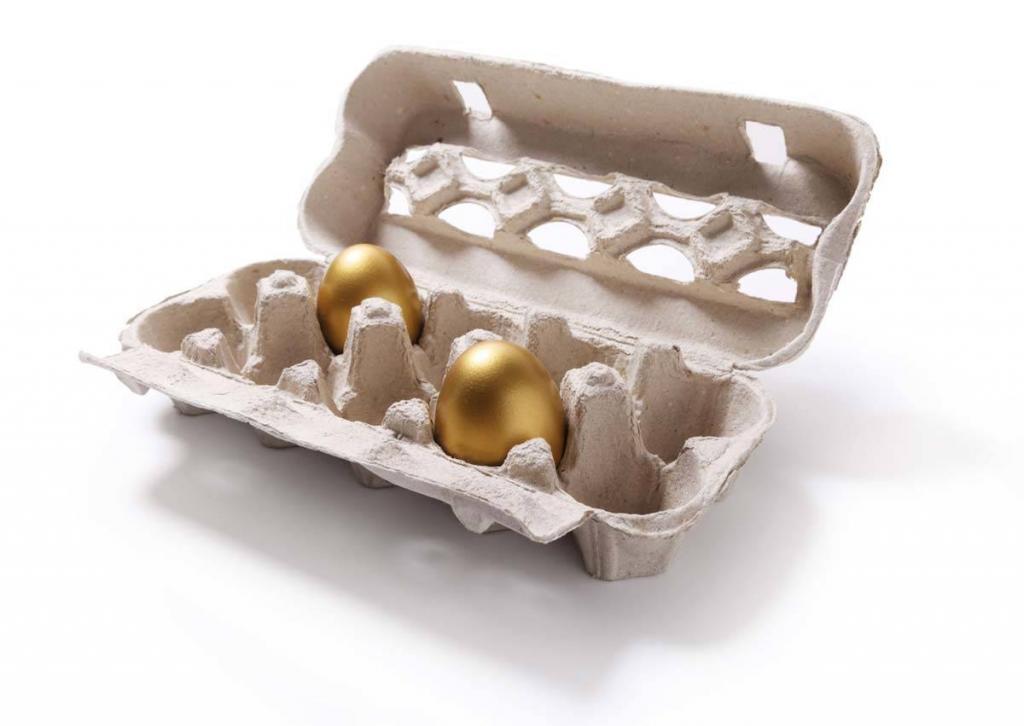
get up-to-date on ovarian reserve.
it should come as a surprise
Guinea pigs are not related to pigs and are not from Guinea. Starfish and Jellyfish remind us of stars and jelly but are definitely not fish. The same goes for koala bears, coconuts, and French fries, they do not actually mean what their words say, but everyone knows what they are. These are called misnomers, inaccurate in name, few in number, of no harm, and little consequence.
The terms Diminished (low) Ovarian Reserve (DOR) Testing (ORT) are also misnomers and do not mean what their words say. Unlike koala bears and shooting stars, few people understand what Ovarian Reserve means, yet it is of great consequence. We are going to clear up Ovarian Reserve for you now and get you up to speed.
ovarian reserve: literally ironic
You probably did not know this… medical language uses the word ‘reserve’ differently from everyone else.
- Everyday use: to save for later.
- Medical use: to give more upon demand.
From ovarian reserve came ‘diminished ovarian reserve
By 2014 research papers had 12 different opinions on what constituted Diminished Ovarian Reserve.
Poor, low, diminished, declining, reduced, or impaired ovarian reserve comes as a doctor’s diagnosis.
Diminished (or low) Ovarian Reserve (DOR) is as the name implies, that the diagnosis means the ovaries have fewer eggs in storage than they should. Sometimes it means fewer eggs, but if an IVF doctor says Diminished Ovarian Reserve, it could mean one of three different things, and no longer mean what their words say.
Ovarian reserve test, testing, assessment, score, and markers.
Ovarian Reserve Testing (ORT) was the number one test used for 30 years to predict IVF results(aa). Yet after all this time, the Ovarian Reserve Test has never been able to test the Ovarian Reserve.
Are you confused yet? You are not alone. There are several reasons why a woman can be told she has Diminished Ovarian Reserve, however, most women take this diagnosis to mean they are running out of eggs. This article will explain what DOR means to you, your ovaries, eggs, and fertility.
You may be surprised to learn DOR still has no accepted definition and currently describes three separate results arising from an IVF cycle. Researchers have published papers that describe the extent of the problem. The scientific community call for universal definitions and the proper use of Diminished Ovarian Reserve and other terms relating to it. To date, nothing has changed and confusion reigns for both patients and doctors alike.
Let’s clear up this mess and make sense of it all.
Women confuse Diminished Ovarian Reserve as meaning they are running out of eggs. Depending on who is using the term, it means different things.
Diminished Ovarian Reserve is used under these circumstances.
- You have had a transvaginal ultrasound and less than 10 or so eggs are seen growing in each ovary. 15 – 20 eggs in each ovary is normal. Diminished Ovarian Reserve is the most used diagnosis.
- You have done a stimulated IVF cycle and doctors have harvested fewer eggs than expected. 5 eggs or less will earn you the D.O.R. title. Poor Ovarian Responder or P.O.R. is another term for in this situation (and we will talk later on this point).
- You have had a blood test and your Anti-Mullerian Hormone levels are below normal. Women with low AMH levels grow fewer eggs than normal, earning the diagnosis of Diminished Ovarian Reserve.
Diminished Ovarian Reserve in the preceding contexts really means Diminished Ovarian Function.
You are not running out of eggs, just the ability to grow them as expected.
Producing fewer eggs than expected during an IVF cycle gets two labels.
- Poor Ovarian Responder (P.O.R.) – meaning your ovaries responded poorly to the IVF drugs. This term is accurate.
- Diminished Ovarian Reserve (D.O.R.) – you don’t have as many eggs as the doctors hoped to fertilize and freeze. The Reserve of Ovarian eggs harvested is Diminished (less than expected). This explanation is loose but brings concept and reality as close as can be.
The belief that “Diminished Ovarian Reserve” means you are running out of eggs is entirely wrong.
The real diminished ovarian reserve.
When you are born you have about 400000 eggs in your ovaries. These eggs are called Primordial (before the beginning) eggs. When the menstrual cycle starts, you will grow at most 20 eggs in each ovary per month. Over 33 to 37 years of fertility your ovaries will grow about 16000 eggs. Yet by the time you become a 45-year-old woman, having 5000 – 10000 primordial eggs left is normal. There is nothing diminished about those numbers! The only thing that truly diminishes the primordial egg reserve before its time is Premature Ovarian Failure.
Your egg reserves decline naturally every year. Reserves decline much faster than your ovaries will grow or ovulate them.
Growing older diminishes ovarian reserve. Decreasing levels of Anti-Mullerian hormones (AMH) over time are responsible for fewer and fewer eggs able grown by the ovaries. Becoming older doesn’t mean you are down to your very last eggs, it means it is harder for your body to produce the normal amount of eggs. AMH is the hormone to blame for this natural decline.
The idea you are down to your last few eggs is confused with the reality that you are actually growing fewer eggs, not running out.
What does AMH have to do with low or diminished ovarian reserve then?
Women can be mistakenly told they have Diminished Ovarian Reserve when their blood test shows lower than expected levels of AMH. Anti-Mullerian Hormone has everything to do with how many, and how well your eggs grow. AMH certainly does not have to do with how many eggs you currently have, or how many you have left, only what you grow.
Low AMH can be referred to as low folliculogenesis. The word folliculogenesis means Follicle (folliculo) + Growth (genesis) – the growth of your follicles.
What you need to know
- Diminished Ovarian Reserve is linked but not causative with poor egg quality in women.
- Your AMH score is a reflection of your Ovarian Function, and loosely related to your Ovarian Reserve.
- The lower the AMH score is the harder it is for a woman’s eggs to be fertilized.
- Low Ovarian Reserve and low AMH levels are linked to Egg Quality and the ability for an egg to be fertilized.
Conclusion
You now have enough information to decipher what your doctor means when he says you have Diminished Ovarian Reserve. Depending on an AMH test, an IVF cycle, or an ultrasound, you now know what is really going on in your ovaries now. Hopefully, in years to come, the scientific and medical community agree on the use of the terms discussed. Here is a quick recap.
- Diminished Ovarian Reserve: a naturally occurring process as women age.
- Poor Ovarian Responder: less than 5 eggs harvested at the time of egg pick-up in an IVF cycle.
- Diminished Ovarian Function: Ovaries not growing the number and quality of eggs that they would normally.
- Low AMH: the underlying cause of Diminished Ovarian Function.
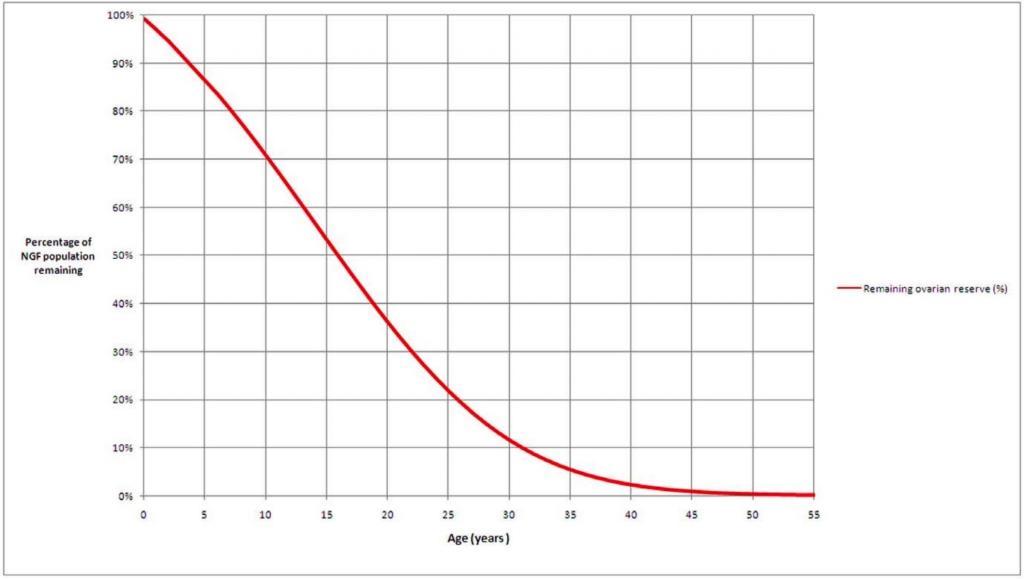
Read this Fertility Guide about this must-know problem of IVF and Diminished Ovarian Reserve.
Diminished Ovarian Reserve Formula
INGREDIENTS AND FAQs
More than 1 year ago, my husband and I had a failed IVF. The doctor diagnosed me with polycystic ovarian syndrome and an AMH level of 1.1. I found this website and followed Dr. Martin’s advise to take PCOS and Ovance for 3 months. I got pregnant 3 months after I started the formulas. My baby is now almost 5 months old. I will be 40 yo this July and would like to try for a 2nd baby. My doctor took my AMH levels 2 days ago and it is 1.5! Taking Ovance last year has not only increased my AMH but also given me one healthy baby girl!
After blood work and an ultrasound, the fertility doctor said there is no way to use my own eggs because of very low egg quality. My AMH level was 0.13, the doctor said there is no treatment to raise the AMH Level and we would need egg donation. I felt hopeless and frustrated, just didn’t know what to do.
Dr Scott Martin gave me new hope and the supplements really work! It has been 6 months since I started taking these supplements and the results are positive. My AMH level is higher.
I took ovance the combo and my AMH has gone up. At first, it was 0.064 and now it is 0.99 in just 3 months. I’m not pregnant yet but fingers crossed! I will be ordering more of them soon. Thanks Dr. Scott
I don’t usually write reviews but the Ovance RPM combo is the real deal. I’m 42 and my AMH was less than 0.1 and my Dr. was basically telling us that our only hope was IVF with a donor egg. I’m not pregnant yet but I retested my AMH and it is now 0.99 after 3 months! Truly an amazing medication. We are going to be ordering a 6 month supply and safe baby as well. Good luck to you all. If you are skeptical I say follow Dr. Scott Martin’s advice and try Ovance and retest your labs you will be a believer like my husband and me.
I had an AMH of 0.2 and FSH of 14 and I am 42. My husband’s count was a little on the low side. We did the Couples Fertility Program for 7 months, first, menovance 2 for 3 months, and we placed a second order, but by the time we finished the second order I was pregnant. It really does work! The key is to have patience. I wish you guys all the best I never thought it could happen but it did. Thanks, DR Scott
I am 45 years old female, who started trying to have kids at age 40. When I was unsuccessful, I looked to IVF. When I went to the doctor, she said I was just too old, though all my tests were normal. I gave up hope, but then over the next 2 years, I got pregnant twice but unfortunately miscarried. I then decided to return to some kind of fertility evaluation over the last 2 years. I got pregnant one more time and again miscarried. I started looking for help and found Advanced Fertility Solutions. Since then I have been able to do ivf/egg retrievals and able to fertilize 9 of my eggs. I am happy with what I have been to achieve and recommend this company if you are having issues.
I have been using this Ultimate Fertility Package for 6 months and I had a good jump in my AMH from 0.1 to 0.4! it is still too low to perform any IFV treatment but I do have my faith in this package and will continue taking them. Ohh and I went from no periods for 6 months to regular cycles thanks to this miracle package. Thank you!
At 45 years of age, my AMH was very low, 0.4. After just one month of taking the Ovance +RPM, my AMH increased to 1.25! I decided to have my AMH tested once per month so I could keep up with the results. The next month it had dropped to .95. The third month back up to 1.5. I am continuing this product as well as the IVF 1& 2, as I will be undergoing IVF soon. I was able to get one healthy blastocyst and hopefully, I will get successful implantation. Before I started Dr. Martin’s program, I had 1 unsuccessful Ivf with no blastocysts. I am very pleased with Dr. Martin and his miracle supplements. He is wonderful at communicating, asking how you’re doing and offering any help and advice he can. That’s something I really appreciate. His pills also make me feel so much better in general too.
After 6 months of taking the Ultimate Fertility Combination my latest blood test shows my AMH has increased from 0.91 to 1.75 pmol/l or 0.22 to 0.77 nglml. I will continue taking it and remain hopeful for a baby coming my way – better late than never! All the very best of luck to all the ladies out there waiting for their baby miracle!
It worked! It increased my AMH level in three months. I am 40 years old with fibroid in my uterus, chocolate cyst at the ovary and very low AMH, After the first month, I started noticing better skin and fewer mood swings. I definitely recommend it and will buy it again.
My Amh level was 0.37 and it was very frustrating as the chances of successful IVF were low. I took Ovance + Rpm formula for 3 months and now my Amh has risen to .56. I have ordered another 3 months supply. Would recommend to all who are struggling with low Amh level.
I have very low AMH/high FSH and imbalanced hormones. I have been taking this combination for 5 months now. I have noticed deeper sleep at night and more energy during the day. I also have had a greater amount of cervical fluid around my ovulation time, that I did not have much of before taking these pills. I am not pregnant yet, but feel better overall and have not had any negative side effects from these herbs. I highly recommend these herbs.
The Ultimate Fertility Combination is very easy to take and doesn’t upset your stomach. I’m 42 and had an AMH of only .18 when I started the product and also had very light flow every month. Although we still haven’t conceived yet, my AMH did double and my period flow improved greatly. I highly recommend the product.
I have been using the Ultimate Fertility Combination and I just wanted to let you know that our sweet healthy little girl, Xavia Simone, is due December 6, I’m now 20 weeks pregnant! Several of my friends/ family will be reaching out to you! Thank you!
I just wanted to let you know that I just received a positive pregnancy test. I’m 44 years old, and I am on round one, bottle #3 of the Ovance, AMH formula. So this formula works and I had not even finished the third bottle!
Hi Dr. Scott, I have been taking the Ovance and Maybe 1 formula; I am happy to share my AMH result … Two years ago my level was 1.25, then we did IVF, 2 rounds of egg retrieval, and my AMH went down to 1.05. I just started using Ovance and I am very thrilled with my AMH result, back to 1.25. This is just the beginning, and thank you for this amazing product!
Dr. Scott Martin has a masters degree in Chinese Medicine and Acupuncture and leads the team for Advanced Fertility Solutions formulas. He is also available for consultations to the public who wish to know more about the products and how they can help.
Download Our Fertility eGuide
Understanding fertility has never been easier.
This concise and easy to read guide will make you an expert in how to understand, diagnose, and treat fertility problems.
After reading this guide
- Diagnose fertility problems beyond what hormone and blood tests can tell you
- Read your body’s symptoms and signs of possible fertility problems
- Find the fertility solution that directly address’ your health issue
Being your own expert is not so hard – you just need the know-how.
WHAT YOU NEED TO KNOW
New mothers in their 40’s are becoming more common. Falling pregnant in your 40’s is harder than in your 20’s, yet the desire for children comes at different ages. There are some critical things you should know to help you fall pregnant in your 40’s. Learn about getting pregnant naturally after 40.
Low AMH is no the end to your fertility; it is a problem to overcome. Low AMH levels are a big problem for IVF…they don’t have to be your problem too. Here are 10 things you should know right now.
Diets for health are plentiful. Can a fertility friendly diet help boost your fertility potential? Let’s fill in the gaps and make life easier for you.


